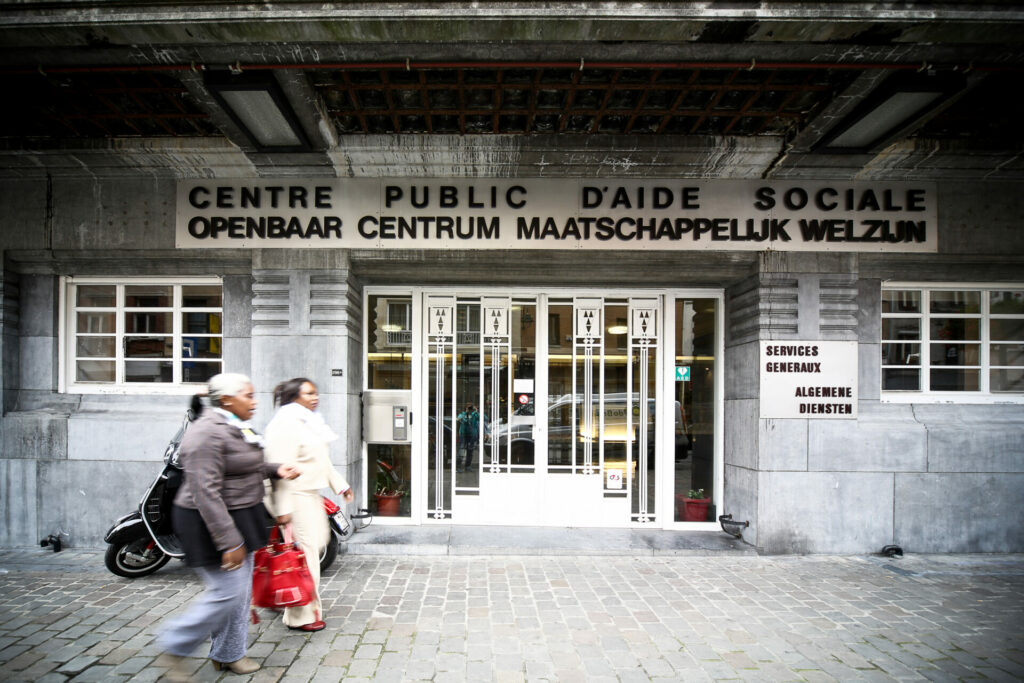A decade ago, the Belgian Federal Government decided to lower social benefits over time in order to stimulate unemployed people to find jobs, but to no avail. The measure had no effect, according to a study by the OECD.
The Federal Government decided in 2012 to slightly increase unemployment benefits, but gradually decrease them over the years. The ‘gradual decrease’ of the benefits was supposed to make unemployed citizens look for a job more quickly, as they would otherwise have to face a decreasing income.
A new study by the Organisation for Economic Co-operation and Development (OECD), a think tank made up of Western countries, has produced new research that proves the measure has been a failure.
“There is no indication of a greater flow of benefits into work after the reform,” the study reads, meaning slowly decreasing benefits did not ensure that unemployed people went back to work faster.
Disputed reform
When the reform came into place under a government of Liberals, Socialists and Christian Democrats, the lower unemployment benefits were a bitter pill, particularly for the Socialist Party (PS). The measure soured relations with the unions.
The concern that the reform did not activate enough people to find jobs, the following government wanted to tighten the gradual decrease even more, meaning benefits would drop even further. However, with the fall of the government, that decrease was never put into place.
In vain
The measure would have had little additional effect, the OECD concluded, partly because people with unemployment benefits had low wages before they had to stop working. That means their benefits, based on their previous income, were so low already that they couldn’t drop much before reaching the minimum.
The study shows that it is not for financial reasons that people do not go back to work. “It is far too simple to think that an unemployed single mother only needs a little more wages to start working,” Professor of Social Policy Wim Van Lancker told De Morgen. “There is also a need for childcare, public transport to get to work, and so on.”
“We have long seen that gradual decrease increases the risk of poverty. Now it doesn't seem to work to activate people either. In which case, it would be better to abolish it,” says Van Lancker.
Related News
- Insufficient language knowledge most significant barrier to finding job in Belgium
- Explosive number of vacancies: Is importing foreign labour really the answer?
- More flexible rules for foreign nationals to work and reside in Belgium
But it is unlikely to get abolished, as the coalition agreement does not mention a possible adjustment. Socialist Party (PS) Employment Minister Pierre-Yves Dermagne says he feels unsettled with the results from the study: “Hunting people down and pushing them into misery has never been a solution for the PS.”
Labour economist Stijn Baert disagrees: “I remain convinced that gradual decrease can be useful to activate people. But then the benefit has to be reduced more quickly and in larger steps. The system also needs to be simpler, so that people can better see the difference between working and not working.”
Labour paradox
As the OECD study shows, it is not for financial reasons that people remain unemployed in Belgium. In fact, the main reasons that many are without a job despite vacancies are the high demand for educated employees and the language requirements, with half of the vacancies in Brussels requiring knowledge of both French and Dutch, and sometimes also English.
Particularly for those who were born outside of Belgium and are looking for a job, insufficient knowledge of one of the country’s official languages is the main obstacle. When benefits are lowered, the likelihood that unemployed people will have the time and means to study a new language reduces even more.
In addition, migrants in Belgium face a number of barriers when it comes to accessing the labour market, including discrimination, resulting in high rates of unemployment in all three regions of the country.
Meanwhile, Belgian businesses are looking abroad to import foreign labour in a desperate attempt to solve the labour shortages as the country ranks third in the EU with a record number of job vacancies.

